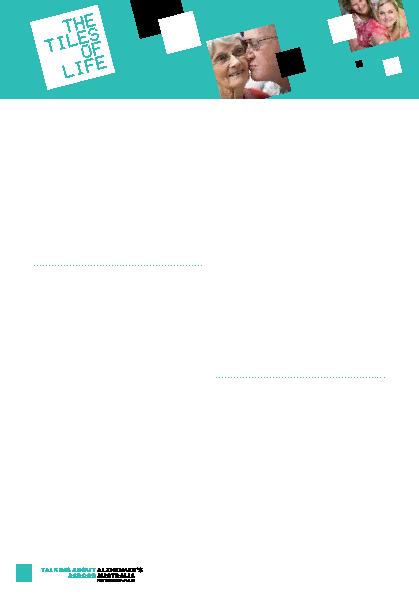
attend day clubs on a regular basis, they
may stay overnight or for a few nights on
occasion, or have a recurrent pattern of
stays. There is the capacity to accommodate
clients in emergencies, and to offer respite to
accompanying family members, if the client
finds separation too distressing.
experiences of clients who benefit from a
true person-centred approach in a home-like
environment, from the perspective of staff and
family members.
An aged care residential facility commenced
an initial trial of Tibetan Bowl Sound (TBS)
Therapy using a certified Sound Therapist. The
Therapist provides sound therapy with Tibetan
Singing Bowls for two groups of residents with
dementia who are mobile but have high care
needs.
The main aim of the study was to evaluate
the efficacy of the TBS therapy amongst
two groups of residents in reducing resident
agitation levels, improving sleep and eating
patterns.
Baseline data will be collected using existing
data and a validated measure to assess levels
of agitation amongst residents before and after
therapy sessions. In addition, a diary of eating
patterns will be recorded. Where possible,
the TBS therapy will be video recorded to
demonstrate the effects visually of TBS.
To date the Sound Therapy program has
shown positive outcomes and has provided
opportunity to support residents with dementia
who experience a strong `Sundowner effect'.
Many residents have shown high levels of
agitation and other behaviours prior to Sound
Therapy sessions. Subsequently they display
better sleep patterns and less agitation overall.
In addition, eating patterns have shown
improvement. The project team will present
findings from the evaluation of the therapy at
the conference.
The benefits in terms of wellbeing of those
residents with dementia is potentially
significant. Sound Therapy also assists
Brightwater staff in caring for these residents,
as the residents are more relaxed and
therefore easier to care for.
Research Fellow, Alzheimer's Australia Vic
Research Projects Officer Alzheimer's
Australia Vic